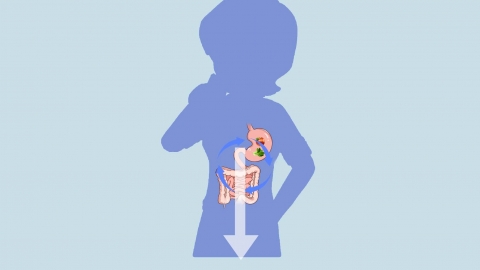Is it harmful to the body to eat too much tapioca?
Under normal circumstances, consuming sago in moderation is harmless to the body, but excessive intake may cause discomfort. If in doubt, it's advisable to consult a healthcare professional beforehand. Detailed analysis is as follows:

Sago is primarily composed of starch and contains almost no nutrients such as protein or vitamins. Overconsumption can occupy gastrointestinal space, interfering with the intake of other nutritious foods and potentially leading to nutritional imbalances over time. Additionally, starch takes time to digest in the gastrointestinal tract; consuming large amounts increases the digestive burden, particularly for individuals with weak digestive function, possibly causing bloating, belching, indigestion, and even affecting normal bowel movements.
Moreover, sago is often prepared with high amounts of sugar (e.g., in desserts). Excessive consumption of such sugary sago products may lead to excessive sugar intake, increasing the long-term risk of weight gain and compromising blood glucose control, making it unsuitable for individuals who need to manage their blood sugar levels. However, consuming small portions of unsweetened or low-sugar sago, especially when combined with vegetables, fruits, and other nutritious ingredients, typically does not impose a significant burden on the body and can serve as a source of carbohydrates to provide energy.
In daily consumption, portion control is essential—avoid eating large amounts at once. If persistent gastrointestinal discomfort occurs after eating sago, reduce the amount consumed or stop eating it altogether. Seek medical attention promptly if symptoms become severe.




